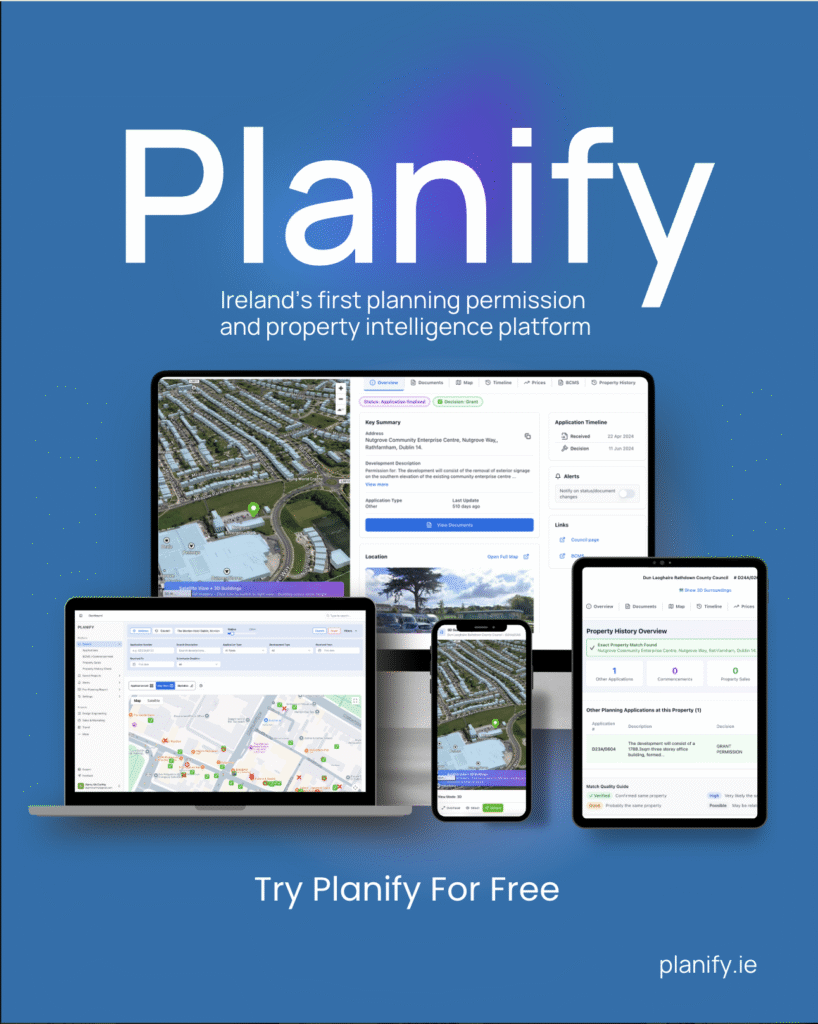Fingal County Council Rejects Planning Permission for Data Centre in Dublin Due to Lack of Renewable Energy
Fingal County Council has refused planning permission for a data centre in north Dublin, citing a significant lack of on-site renewable energy to power the development. The council rejected the application by Servecentric for a data centre at Blanchardstown Corporate Park 2 in Ballycoolin, Dublin 15. The local authority stated that the proposed development did not comply with the Government Policy Statement on the ‘Role of Data Centres in Ireland’s Enterprise Strategy 2022’. Additionally, the council found that the proposal would contravene the Fingal Development Plan.
The council also cited insufficient information provided to complete the process of screening the proposed development for an Environmental Impact Assessment as another reason for refusal. In August 2022, planning permission was granted for a warehouse/logistics unit at the site, and Servecentric sought to amend the permission to change the warehouse’s use to that of a data centre.
During the council meeting, Amy Dunnigan of Not Here Not Anywhere expressed concerns about the lack of future-proofing in the development. She highlighted Eirgrid’s ban on electricity connections for data centres in Dublin and Minister for the Environment Eamon Ryan’s call for a ban on gas connections for data centres as evidence that the proposed data centre was not in the country’s best interests.
John Callaghan, who was recently highlighted in an RTÉ Investigates program on alleged payments to objectors in the planning system, submitted his concerns about the development through his entity Sustainability 2050. Callaghan questioned the compelling reason to build the data centre at its proposed location. He also asked the council to clarify how an electricity supply was already contracted to a data centre that had not yet been granted planning permission while other operational data centres faced limitations in connecting to the grid.
Linda Colleran, a senior planner with Tom Phillips & Associates, the applicant’s consultant firm, assured the council that the proposed data centre development had been designed by renowned architects, designers, and engineers, with a strong emphasis on sustainability, environmental considerations, and community engagement.
In the planning submission, an Environmental Impact Statement (EIS) stated that there would be no significant effects on climate during the operational phase of the proposed development. Servecentric, a privately owned Irish provider of data centre services, stated that the new facility would create 50 to 60 full-time roles, supporting existing clients and managing the infrastructure. The submission also highlighted the potential employment opportunities in the Fingal region due to the growing demand for private cloud applications.
This decision by Fingal County Council reflects the increasing emphasis on renewable energy and sustainability in planning permission decisions. As Ireland seeks to transition to a greener and more environmentally friendly future, developers will need to demonstrate their commitment to renewable energy sources and address concerns relating to the environmental impact of their projects.







